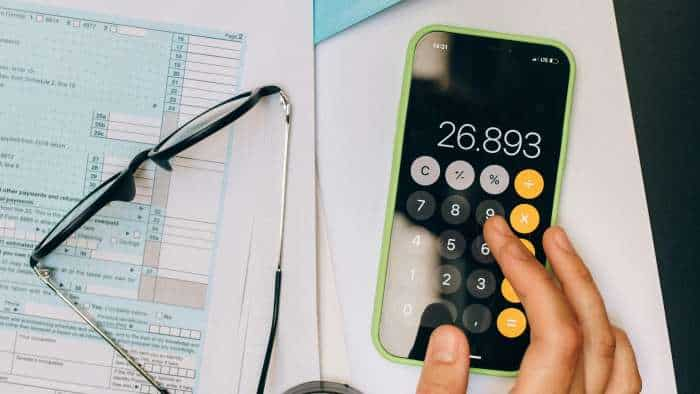Govt likely to withdraw controversial FRDI Bill in current Parl session
The government is likely to withdraw the bill from the Lok Sabha in the current session of Parliament, which ends on August 10.

The government is likely to withdraw the controversial FRDI Bill in the ongoing session of Parliament in view of concerns over the 'bail-in' clause, which is feared to harm the interest of depositors, sources said.
The Union Cabinet, chaired by Prime Minister Narendra Modi, has given its nod for withdrawal of the Financial Resolution and Deposit Insurance (FRDI) Bill, 2017, they added.
The government is likely to withdraw the bill from the Lok Sabha in the current session of Parliament, which ends on August 10.
The bill, introduced in the the lower house on August 11, 2017, has a 'bail-in' clause, which some experts say has the potential to harm deposits in savings bank accounts.
With concerns expressed by both politicians as well as stakeholders, the government had then referred the bill to a Joint Parliamentary Committee. The panel was slated to submit its report by the last day of the ongoing Monsoon session.
Stakeholders have expressed concern about the 'bail-in' clause in the FRDI Bill, even as the government sought to allay the concerns.
The clause has been included in the bill as one of the tools for resolution for bank failure. It provides for depositors to bear a part of the cost of the resolution by a corresponding reduction in their claims.
This provision had raised concerns that deposits could be used to bail out failing banks.
In December last year, the then Finance Minister Arun Jaitley had asserted that the government was committed to protecting the interests of depositors in public sector banks (PSBs).
In January, Economic Affairs Secretary Subhash Chandra Garg had said that attempts to create scare regarding bail-in were totally unfounded. "70 per cent deposits are in PSBs. Most remaining deposits are in well capitalised and sound private banks. No likelihood of bail in for over 98 per cent of depositors. Remaining also subject to bail in if the depositors consent," he had tweeted.
The FRDI Bill also proposes to create a framework for overseeing of financial institutions such as banks, insurance companies, non-banking financial companies (NBFCs) and stock exchanges in case of insolvency.
The 'Resolution Corporation', proposed in the draft bill, would look after the process and prevent the banks from going bankrupt. It would do this by "writing down of the liabilities", a phrase some have interpreted as a "bail in"
The draft bill empowers the Resolution Corporation to cancel the liability of a failing bank or convert the nature of the liability.
Get Latest Business News, Stock Market Updates and Videos; Check your tax outgo through Income Tax Calculator and save money through our Personal Finance coverage. Check Business Breaking News Live on Zee Business Twitter and Facebook. Subscribe on YouTube.
07:09 PM IST











 Govt to withdraw FRDI bill; writes to Parliament panel
Govt to withdraw FRDI bill; writes to Parliament panel Govt open to increase deposit insurance cap of Rs 1 lakh: Arun Jaitley
Govt open to increase deposit insurance cap of Rs 1 lakh: Arun Jaitley Doubts over bail-in provisions of FRDI Bill misplaced: Jaitley
Doubts over bail-in provisions of FRDI Bill misplaced: Jaitley Panic over proposed FRDI Bill is misplaced: SBI Ecowrap
Panic over proposed FRDI Bill is misplaced: SBI Ecowrap  FRDI Bill gets extension, may not come even in next Budget session
FRDI Bill gets extension, may not come even in next Budget session